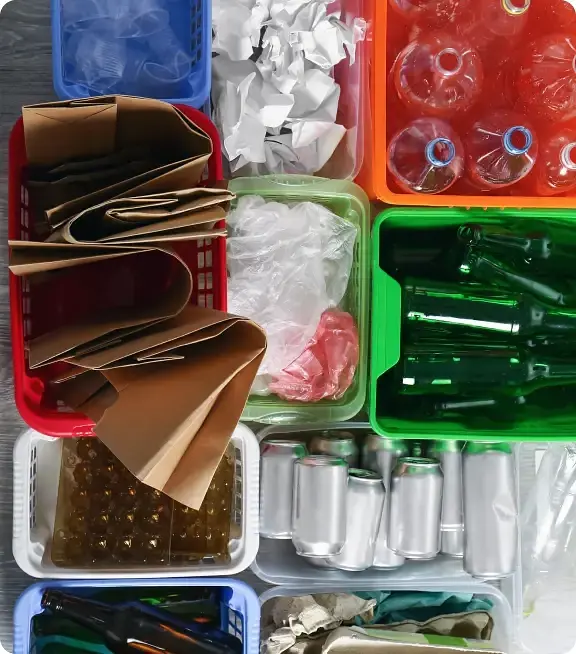Waste Statistics
WVRSC is responsible for shipping equal amounts of waste to each landfill (+/- 5%).
The Valley Region generated and shipped the following metric tonnes for final disposal to the landfill facilities:
10,313
202410,252
202310,051
202210,269
202110,411
202010,077
2019Waste Management and Disposal in Victoria and Carleton Counties
Solid Waste generated from residential, institutional, commercial, and industrial sources is transported to designated landfill sites.
In Carleton County, waste is initially delivered to the Southern Valley Transfer Station. There, it is consolidated into larger transport vehicles before being hauled to landfill sites. The transfer station also accepts clean, sorted construction and demolition materials, scrap metal, corrugated cardboard, and other recyclables. For more information, please contact the operator at (506) 328-6139.
In Victoria County, waste is transported directly to the landfill operated by the Northwest Regional Service Commission - Solid Waste Service (formerly known as Cogerno).
Explore our neighboring RSCs' websites as we remain in close partnership with them in the disposal of waste.
Northwest Regional Service Commission
Southwest New Brunswick Service Commission - Landfill
The technology behind waste disposal has advanced, and our garbage is no longer dropped off in dumps. Since the late 1990’s the waste from Carleton and Victoria Counties has been sent to sanitary landfills.
Residential Waste Collection
Waste and recycling contractual set-out time is 7 am on the scheduled collection day, or may be earlier for some Northern municipalities. Setting out your waste or recycling the night before your scheduled collection day can help ensure your bins aren't missed. Contractually, all garbage should be bagged.
These collection contracts are agreements between the contractor and the municipality, and therefore, any questions specific to contractual arrangements should be directed to your respective municipality.
Bulky item special collections occur 2-3 times a year and are subject to a municipal contract.
